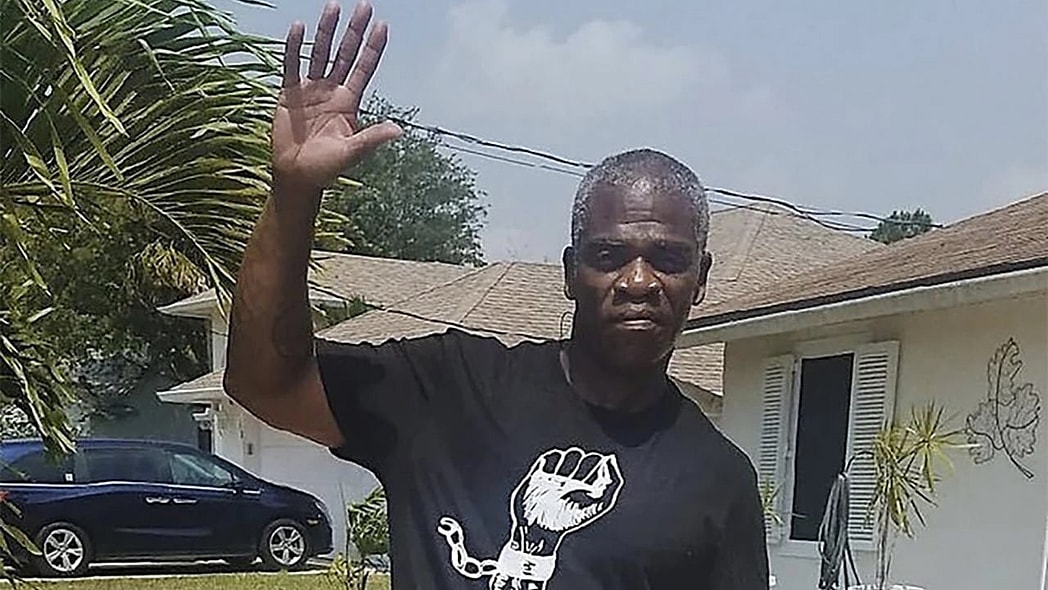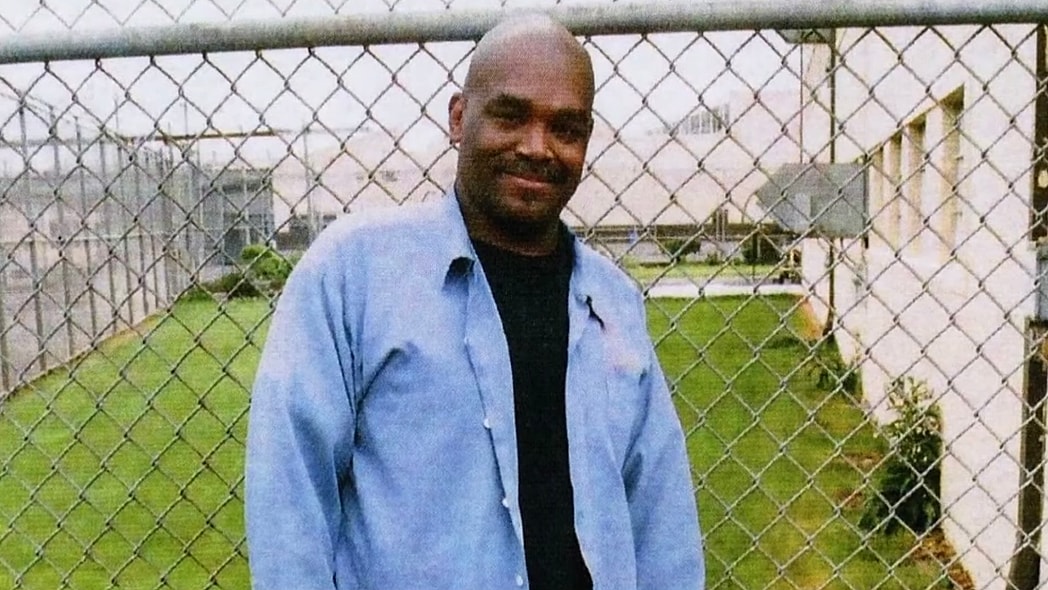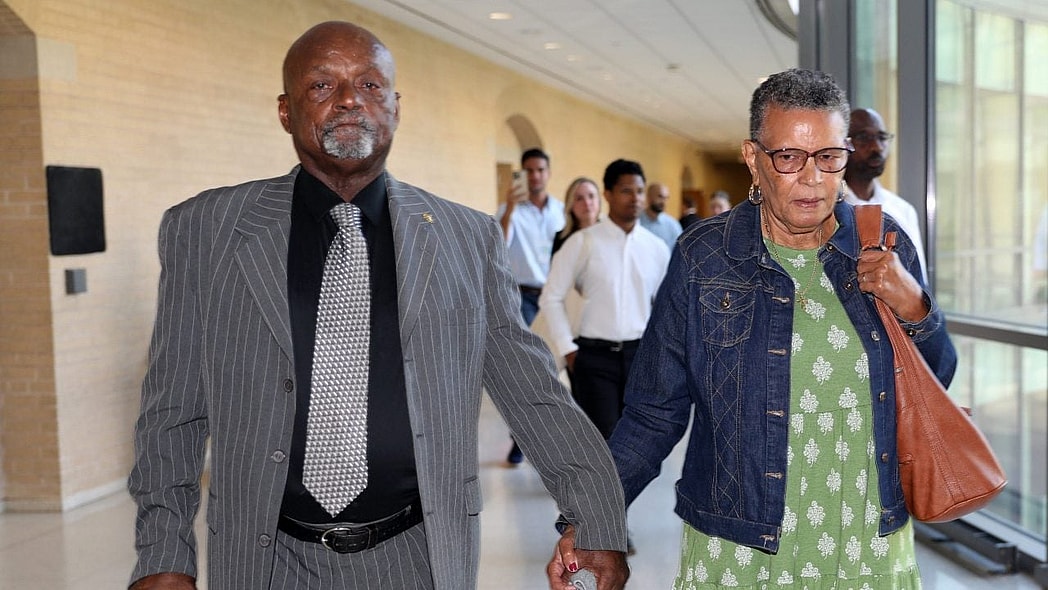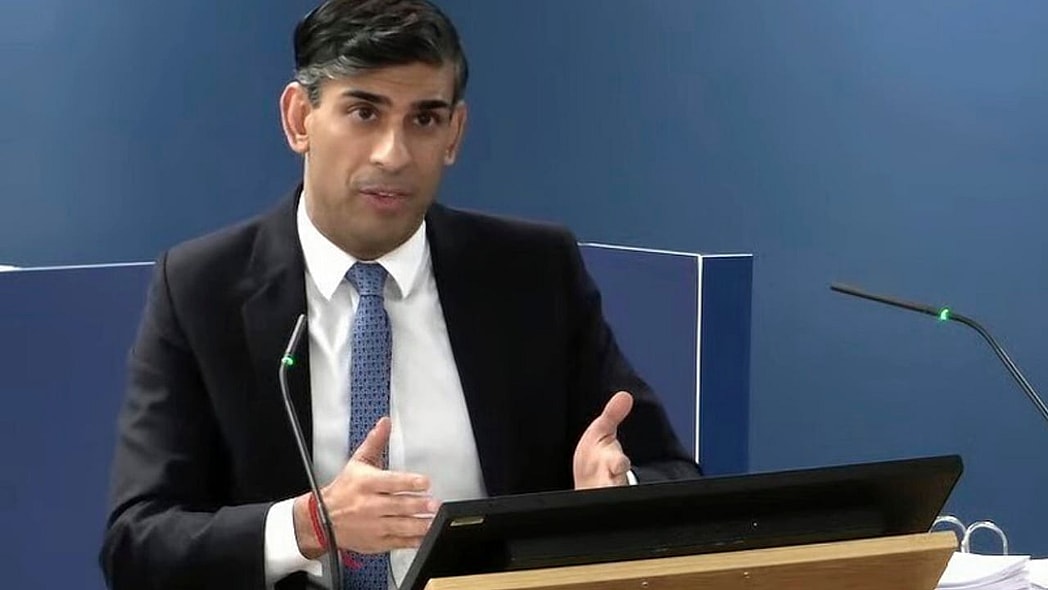NEW YORK (AP) — A man who was recently cleared in the gruesome, fiery 1995 killing of a subway token booth clerk sued New York City and two detectives on Monday, saying that “a wanton and reckless” law enforcement culture subjected him to decades of wrongful imprisonment that left grave psychological damage.
Thomas Malik, who is seeking at least $50 million, is one of three men who spent decades in prison before prosecutors last year disavowed all three convictions in the death of Harry Kaufman.
“Malik seeks redress for the official misconduct that caused him to spend nearly 27 years in prison, and the mental and physical injuries he sustained while incarcerated,” lawyers Ronald Kuby and Rhidaya Trivedi wrote in the lawsuit.
The city Law Department said it would review Malik’s suit. His former co-defendants, Vincent Ellerbe and James Irons, also have sought compensation.
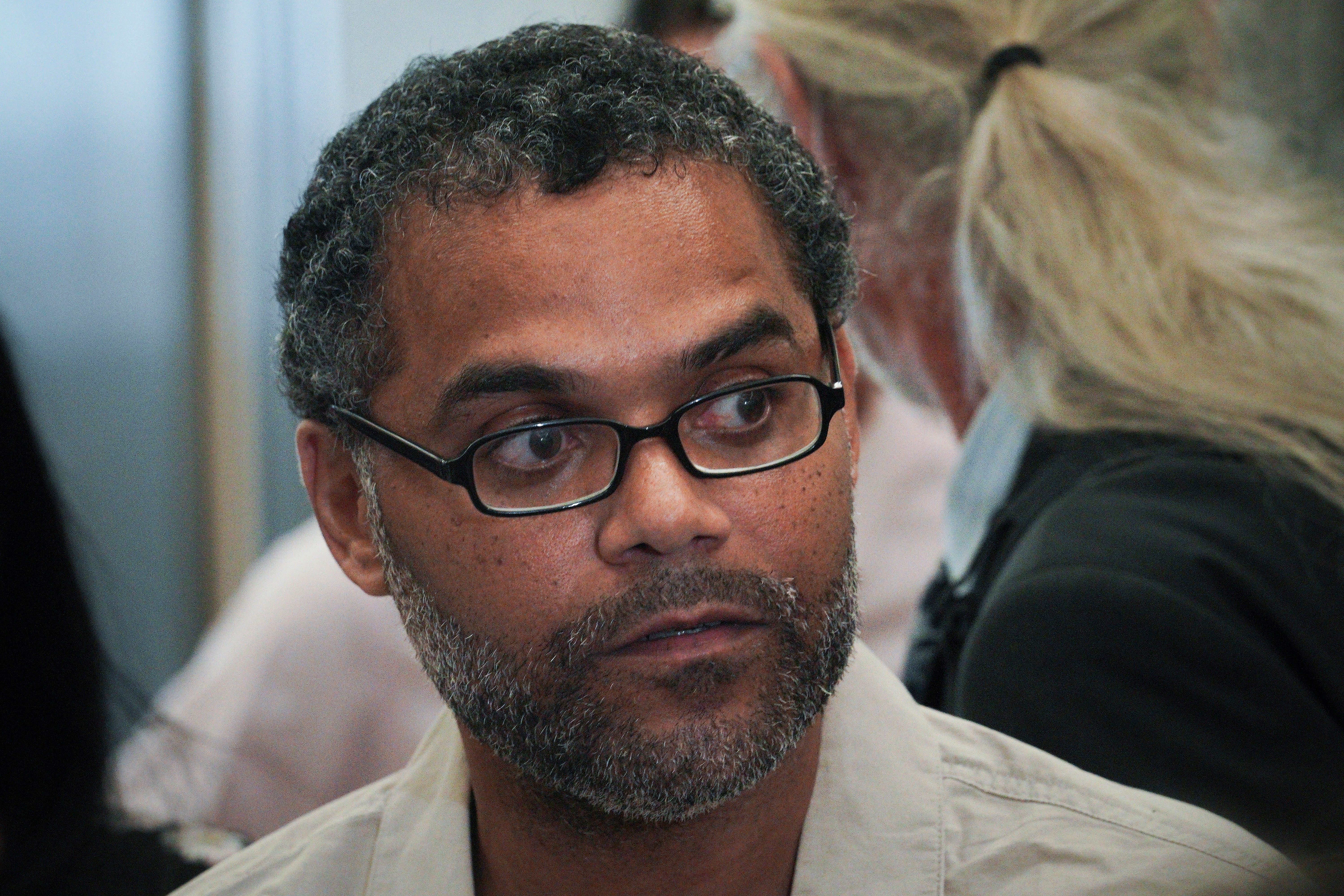
Kaufman, 50, was set ablaze during an attempted robbery as he worked an overnight shift in a Brooklyn subway station on Nov. 26, 1995. His attackers squirted gasoline into the tollbooth coin slot and ignited the fuel with matches.
The horrific killing became a national political talking point. Then-Senate Majority Leader and Republican presidential hopeful Bob Dole called for a boycott of the the movie “Money Train,” which had been released days before the attack and included a scene that bore some similarity.
The Brooklyn District Attorney’s office concluded last year that the convictions of Malik, Irons and Ellerbe were built on false and contradictory confessions — the men have long said they were coerced — and other flawed evidence.
Malik was identified in a lineup with problematic procedures and a witness who earlier had insistently identified a different suspect, whom police eliminated, prosecutors said in a report last year. Malik also was implicated by a jail informant who later was found to be so prone to falsehoods that a court barred the man from ever serving as an informant again.
Former detectives Stephen Chmil and Louis Scarcella played major roles in the investigation, with Chmil as lead detective and Scarcella obtaining Malik’s confession, among other evidence.
In recent years, the now-retired partners have repeatedly been accused of having forced confessions and framed suspects. More than a dozen convictions in Scarcella’s cases have been overturned, though prosecutors have stood by scores of others.
The former detectives deny any wrongdoing. Their lawyer declined to comment on Malik’s lawsuit, which names them as defendants, alongside the city.
The suit argues that a “wanton and reckless culture” among police and Brooklyn prosecutors at the time let them violate citizens’ rights with impunity, with a heavy price for Malik.
Recommended Stories
The notoriety of his case made him a target for abuse and assaults in prison, where he arrived at 18, his lawsuit said.
Malik is now free, 46, married and living out of state. But prison left him so psychologically scarred that he can barely leave his home, and simply putting on a seatbelt reminds him of being shackled and triggers post-traumatic stress disorder symptoms, the lawsuit said.
Ellerbe settled with the city comptroller for an undisclosed sum, said Kuby, who also represented him. Irons is pursuing a federal lawsuit and has filed a case with the state Court of Claims, said his attorney, David Shanies.
Never miss a beat: Get our daily stories straight to your inbox with theGrio’s newsletter.



